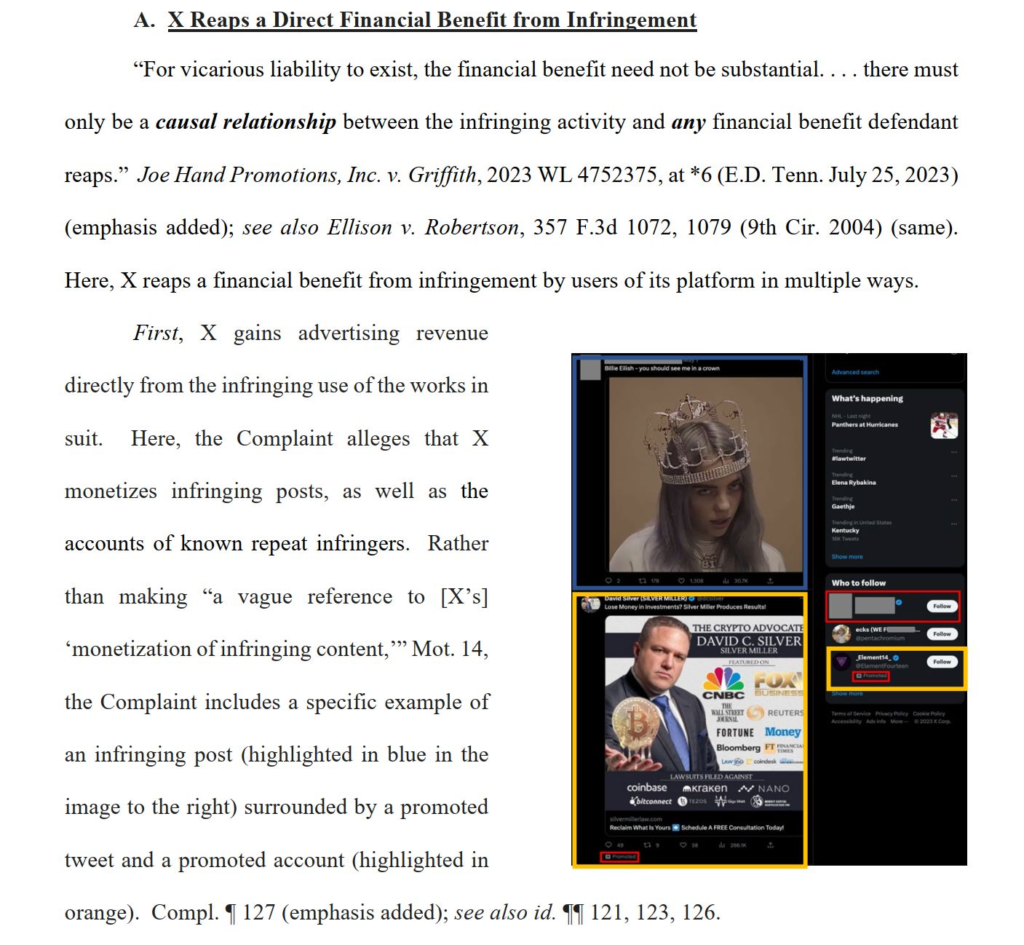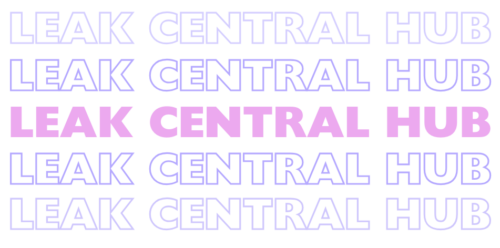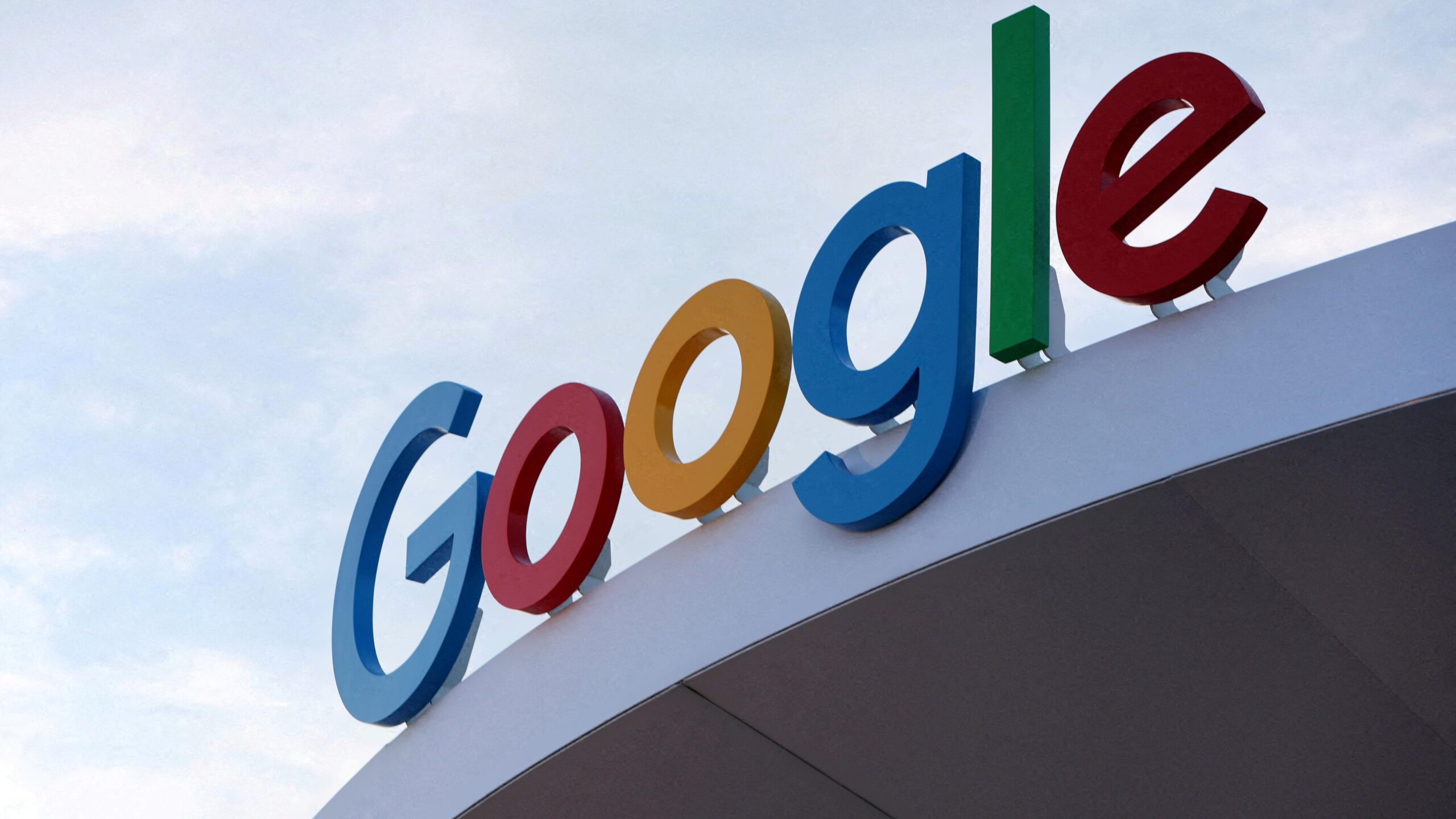The legal dispute between major music publishers and Elon Musk’s social media platform X over alleged music piracy raises complex questions about liability and responsibility in the digital age. The music publishers contend that X is liable for the widespread piracy occurring on its platform, seeking approximately $250 million in damages. Despite X’s request to dismiss the lawsuit, the music companies argue that the platform bears clear responsibility for the infringement.
At the heart of this dispute is the issue of platform liability for user-generated content. While X may argue that it merely provides a platform for users to share content and is not directly responsible for the actions of its users, the music publishers maintain that the platform has failed to adequately address copyright infringement and take proactive measures to prevent piracy.

This legal battle is significant not only for the parties involved but also for the broader implications it may have for online platforms and their obligations regarding copyright enforcement. As the digital landscape continues to evolve, questions surrounding platform liability and copyright infringement are likely to become increasingly prominent.
Ultimately, the outcome of this lawsuit will depend on the interpretation of relevant laws and regulations, as well as the specific facts and circumstances of the case. Regardless of the final decision, this legal battle underscores the complex challenges inherent in addressing online piracy and the importance of finding a balance between protecting intellectual property rights and fostering innovation and creativity in the digital space.
The legal battle between major music publishers and Elon Musk’s X Corp over allegations of mass copyright infringement raises complex issues regarding liability and responsibility in the digital age. The music publishers accuse X Corp of facilitating widespread music piracy on its platform by failing to adequately respond to takedown notices and implement a proper termination policy for repeat infringers. They argue that X Corp monetizes this piracy through advertising revenue while rightsholders receive no compensation for the unauthorized use of their works.
X Corp, however, disputes these allegations and has filed a motion to dismiss the lawsuit, refuting claims of direct, contributory, and vicarious copyright infringement. The company argues that its platform’s alleged infringement is primarily the result of passive and automated algorithms rather than intentional acts. It also contests the assertion that it financially benefits from copyright infringement and has the ability to control or prevent it.
The music publishers, on the other hand, assert that X Corp’s actions meet the criteria for direct, contributory, and vicarious copyright infringement under U.S. copyright law. They argue that X Corp’s intentional creation of features supporting music streaming, failure to adequately respond to infringement, and monetization of advertising revenue from infringing content demonstrate its liability for copyright infringement.
The outcome of this legal battle will likely depend on the court’s interpretation of relevant copyright laws and precedents, as well as the specific facts and evidence presented by both parties. It underscores the ongoing challenges of addressing online piracy and determining the responsibilities of digital platforms in enforcing copyright protection.

Indeed, the differing perspectives of the music publishers and X Corp highlight the complexities surrounding copyright infringement claims in the digital realm. The music publishers argue that the availability of infringing content on X’s platform attracts users and drives engagement, ultimately leading to increased advertising revenue for the company. On the other hand, X Corp contends that its platform’s automated processes and lack of intentional wrongdoing preclude liability for copyright infringement.
The resolution of this legal dispute will depend on the interpretation of relevant copyright laws and precedents by the District Court in Nashville, Tennessee. The court will need to assess the merits of both parties’ arguments and determine whether the case should proceed to trial. Ultimately, the outcome will have implications for the responsibilities of digital platforms in addressing copyright infringement and the rights of copyright holders in protecting their works online.



